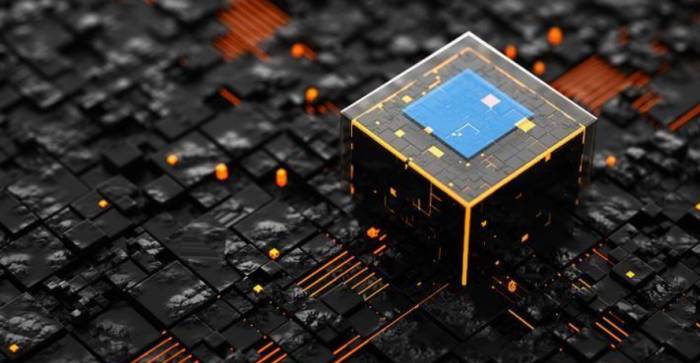01
In the past two months, our country has suddenly imported a large number of chip manufacturing equipment from abroad.
According to incomplete statistics from customs data, imports in June and July this year increased by at least 70% compared to the same period last year.
Purchasing equipment and directly importing chips are completely different concepts, which means we are paying more attention to producing chips ourselves.
Moreover, some netizens have analyzed that these purchased equipment are not only for manufacturing purposes, but also very likely for learning, learning from foreign manufacturing equipment, and innovating and improving on this basis.
In the past, we have made breakthroughs in many fields through this method.
02
I didn't expect the breakthrough to come so quickly. Just this week, Huawei announced that the latest type of mobile phone is about to hit the market, and the reservations on the official website were instantly sold out.
Most of Huawei's new mobile phones have been domesticated, and the chips have reached the level of 7 nanometers.
In the past, we always said that domestic chip manufacturing is relatively mature in the mid-to-low end, and there is no problem with 28 nanometers or above, but 14 nanometers are still not available. Unexpectedly, Huawei directly launched a 7-nanometer chip.At present, the most advanced chips used in mobile phones overseas are just 5-nanometer, and 3-nanometer chips have not yet been mass-produced and applied to mobile phones.
Advertisement
From this, it can be seen that we have made significant breakthroughs in chip manufacturing, and the gap has been greatly narrowed.
03
This news left the United States completely stunned.
After working on it for so long, they ended up creating a powerful opponent.
Not long ago, the U.S. Secretary of Commerce arrogantly stated that chips could be exported to China, but only mid-to-low-end ones, and the top-notch chips would not be exported to the Chinese market.
The result was immediately slapped in the face, as it turned out that China could already produce the top-notch chips itself.
In fact, since we developed the two bombs and one satellite, our country has been under technological restrictions and has continuously made breakthroughs in many fields.
Therefore, even Bill Gates had long predicted that restrictive policies would not be effective, and China would inevitably make progress in chip manufacturing.
04Undoubtedly, the entity most affected by this information is the American chip giant.
A few years ago, Apple's smartphones faced a significant challenge from Huawei in the mid-to-high-end market. The Chinese market is one of the largest for Apple, but as early as a few years ago, domestic consumers increasingly preferred to purchase Huawei phones over Apple.
Later, through suppression of Huawei, Apple's market share in China only recently managed to increase slightly.
However, the new model released by Huawei was instantly booked out, demonstrating a strong comeback for Huawei phones, and Apple is feeling immense pressure.
Investors voted with their feet, selling off their holdings of Apple stock in recent trading days, clearly not optimistic about the future of Apple's smartphones.
From Wednesday to Friday, in just three days, Apple's total market value lost $180 billion, equivalent to 1.3 trillion yuan.
Although Apple's chip process technology is currently more advanced than that of Huawei's phones, after all, buying a phone is not just about buying a chip. The performance of the chip is only one of the considerations for purchase. Huawei's significant breakthroughs in other black technologies, coupled with its near-equivalence in chips, have led domestic consumers to choose Huawei phones again.
The stock price of another chip giant, Qualcomm, also experienced a plunge. On Wednesday, it fell by 1.6%, closing at $114.68. On Thursday, it opened with a gap down to $110.69, and then fell significantly, reaching a low of $106.

Starting a few years ago, Qualcomm's most advanced chips were no longer sold to Huawei. But unexpectedly, a few years later today, Qualcomm suddenly discovered: even if they are willing to sell now, Huawei no longer needs them.